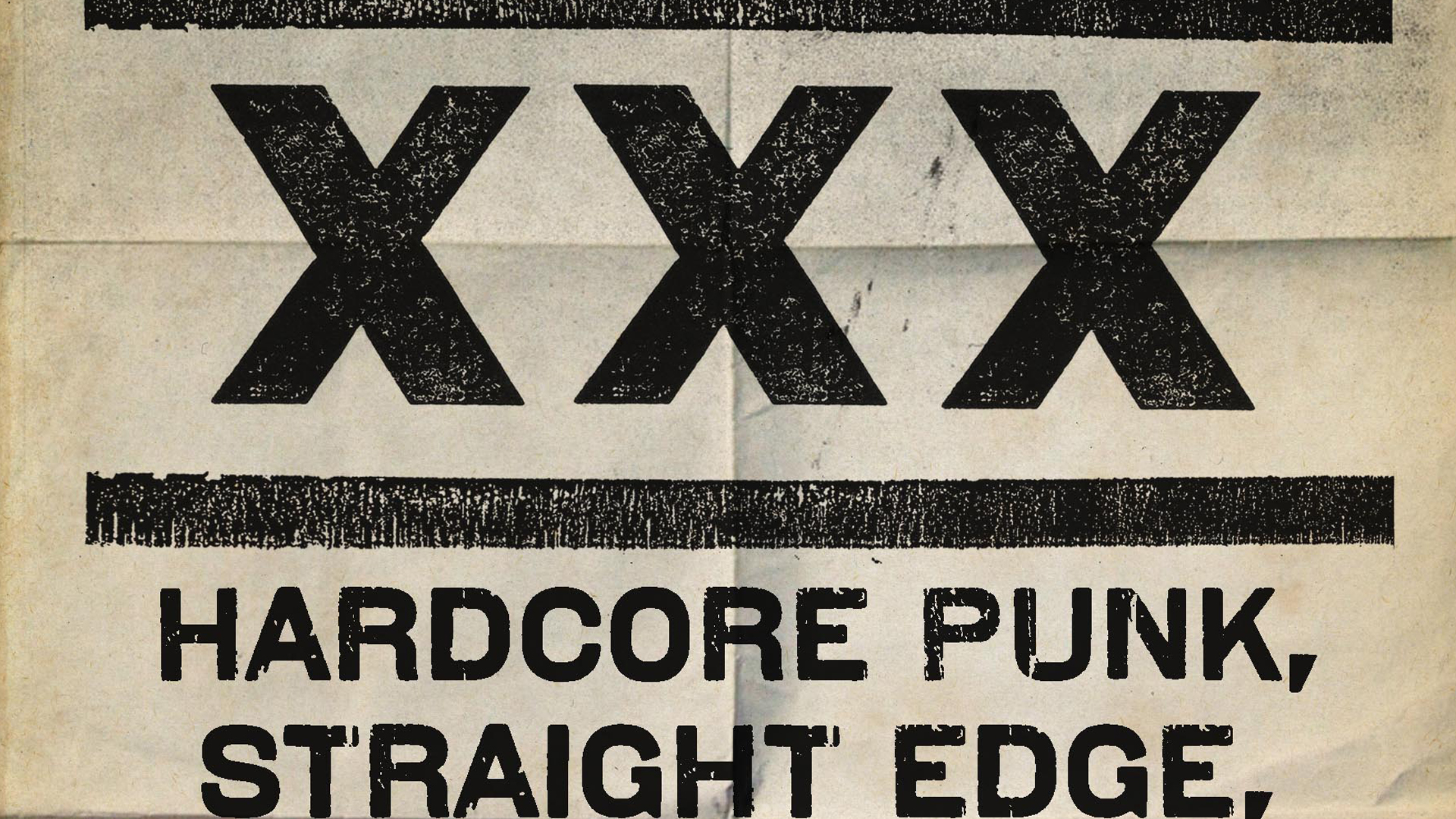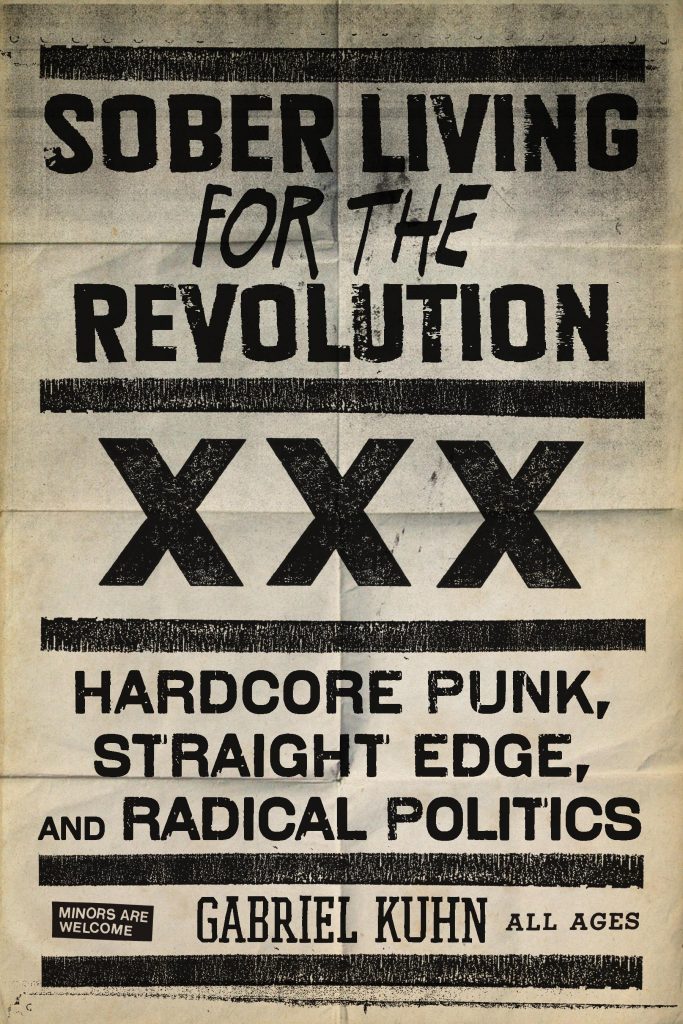by Joshua Stephens
Upping the Anti
January 12th, 2013
In his 1977-78 lectures at the Collège de France, Michel Foucault began charting the rise of what he referred to as governmentality – an exercise of power that differed from the sovereign and disciplinary forms he’d previously explored in two key ways. First, it concerned itself with populations rather than individuals; second, it derived from the practice of economy in the classical sense, conducting available materials, conditions, bodies, and forces the way one might captain a large ship. In these lectures, Foucault charted its development from the management of households to what we now recognize as the neoliberal state, hitting its stride in the unprecedented intervention of pastoral power in the lives of individuals during the Reformation and Counter-Reformation, in what the church called the conducting of “the economy of souls.” Tellingly, this was where the practice of governmentality, for Foucault, encountered its fiercest resistance, in the form of what he called counter-conduct: “[T]hese anti-pastoral struggles, these pastoral counter-conducts [brought] … a whole new attitude, religious comportment, way of doing things and being, and a whole new way of relating to God, obligations, morality, as well as to civil life.”
The term was deliberately chosen, and was intended
to function as something of a double-entendre: conduct counter to this
particular formulation of power and a refusal to be conducted. In his
lectures, Foucault zeroed in on five key instances of such refusal in
the Middle Ages, the first of which was asceticism, “a form of internal
challenge, if one can put it like that, which is also a challenge to the
other.” In Foucault’s view, self-mastery was not a pursuit of personal
salvation, but an embodied, ongoing practice within a broader and (more
importantly) collective refusal of the ‘conducting of conduct’ in one’s
connection to the divine, or freedom. “Whenever and wherever pastoral
counter-conducts develop[ed] in the Middle Ages, asceticism was one of
their points of support and instruments against the pastorate.”
Coincidentally,
at the very moment in which Foucault gave these lectures, a version of
this challenge to the self and other was being taken up in punk scenes
across the United States. In a rather strident disavowal of punk’s
creeping nihilism and its celebration of self-destruction, a number of
the music scene’s adherents began turning its rejection of post-Fordist
values inward, casting self-discipline as an unequivocally punk
rejection of mainstream values. Straight edge, a term coined in the
title and lyrics of a song by Washington, DC hardcore outfit Minor
Threat, became something of a code name for this lifestyle, a practice
of strict abstinence from intoxicating substances and a sometimes
refusal of a sexuality driven by self-serving conquest. In the last
three decades, the tendency has achieved global reach and its banner has
been taken up with an often religious zeal, provoking everything from
inclusion in the Oxford English Dictionary, to occasional media
obsession, to mockery.
A key, but often less-discussed feature of this conduct (alongside a more nebulous set of sentiments around goal-oriented living, a positive attitude toward life, and a fierce loyalty in one’s personal relationships) was its individualization and general depoliticization. In its earlier years, with notably few exceptions, straight edge bands and zines eschewed much of any relationship with political themes, favouring a more personal lens or ethics. By and large, this remains the case in the US, where one finds little analysis or even awareness of how such moralizing, depoliticized and individualized, inheres a rather dangerous vulnerability to fascist politics.
Late 1980s New York band Youth of Today, for instance, lifted part of its signature anthem’s lyrical content directly from the Boy Scouts Oath, championing a life lived “physically strong, morally straight.” The band’s chief songwriters went on to join the International Society for Krishna Consciousness (ISKCON), better known as the Hare Krishnas, subtly popularizing often profoundly regressive takes on authority, gender, and sexuality, and inspiring a spinoff tendency that survives (with considerable marginality) to this day, known as Krishna-core. One band went so far as to adopt the name Vegan Reich, founding and advocating a “natural law” position, opposed to both homosexuality and reproductive choice. A 1995 punk music festival in Cleveland, OH ended rather abruptly in a riot provoked by the appearance of One Life Crew, a straight edge band whose lyrics referred to immigrants as “dirty leeches.” Perhaps most famously, Syracuse straight edge outfit Earth Crisis acquired the status of legend almost overnight with an anthem rather shockingly evocative of fascist themes, entitled “Firestorm,” proclaiming “violence against violence; let the roundups begin.” None of these instances reflected the infiltration of self-identified fascist tendencies, as has been the case in other corners of the punk world; its expression was entirely homegrown, and thus remains largely uncontroversial, with the exception of One Life Crew. Many of these bands are widely celebrated, occasionally accompanied by a dubious irony.
With, perhaps, the exception of animal liberation struggles, the space in which radical social transformation and punk have been conventionally understood to overlap is a terrain virtually bereft of any reference to straight edge. In Sober Living for the Revolution: Hardcore Punk, Straight Edge, and Radical Politics, Gabriel Kuhn has attempted to stake out a sort of counter-narrative, charting encounters between punk sobriety and a radical politics drawn largely from left antiauthoritarianism. Curiously, Kuhn has settled on an edited anthology to accomplish this task; a sort of vignette built around five would-be chapters focused on bands that carried the banner of straight edge, particular geographies in which the practice took up with radical politics, manifestos from various zines, reflections from individuals who have played some role in radicalizing straight edge, largely in the form of interviews, and perspectives from people similarly involved, largely in the form of reprinted essays. Given that much of the subculture’s encounter with left politics occurred in the course of its migration to Europe from North America, Kuhn’s final product can be credited as the first deeply international account of straight edge, comprised overwhelmingly by contributions from Europe, Israel, and South America, and perhaps the first to draw from the voices of women and queer folks as central (rather than ornamental) to the subject’s history.
It’s a curious choice of format for a number of reasons, not least of which is that it replicates the documentary template one finds in the vast majority of intellectual explorations of straight edge. These accounts – including Beth Lahickey’s All Ages, Marc Pierschel and Michael Kirchner’s film Edge: Perspectives on Drug Free Culture, as well as myriad documentaries now available on YouTube, including a particularly abysmal National Geographic feature – tend to privilege providing an account of straight edge over any analysis of it, comparative or otherwise. Whereas documents comprised of first-person narratives, particularly from personalities central to the formation of one or another piece of straight edge’s history, might have carried some informative novelty before web-publishing and video technology became widely accessible, they’re now the sort of thing virtually anyone can produce. To the extent something interesting can be said about straight edge at this point, it’s not merely a matter hitting the record button.
Kuhn’s premise strikes a stark contrast with prior treatments of this subject matter. Where previous film and written works have alluded to straight edge and political themes tangentially, they’ve generally done so with little interest or considerable confusion. Worse still, the documentary and sociological angles from which straight edge has consistently been tackled tend toward compartmentalization and self-reference and take economic and political forces for granted. According to these accounts, we’re to believe the phenomena itself is the context. Its relationship to anything beyond or prior to it has (with somewhat stunning consistency) been deferred or dismissed. The result has mostly been a glimpse into a vaguely exotic strategy to meet the logic and demands of neoliberalism. We see (mostly) suburban, (mostly) male voices making appeals to sobriety as a means to competitive advantage in navigating the demands of capitalist production (high school, athletics, university education, professional life, etc.), and the discipline necessary to secure/maintain particular advantages therein. Straight edge, in these accounts, intentionally or not, provides something of a “model minority” within punk subculture, contrasted with that subculture’s otherwise anti-establishment orientation. To the extent that straight edge is portrayed as a critique of a dominant culture, it’s generally in a sort of dialectic relationship with a “grown up” hypocrisy concerning substance abuse. This antagonism is almost invariably resolved in some vindicating, assimilationist compromise with neoliberal modes of living. Straight edge achieves intelligibility as a (perhaps unlikely) force for greater efficiency within the established order. (To read the full article, see Issue #14 of Upping the Anti)







